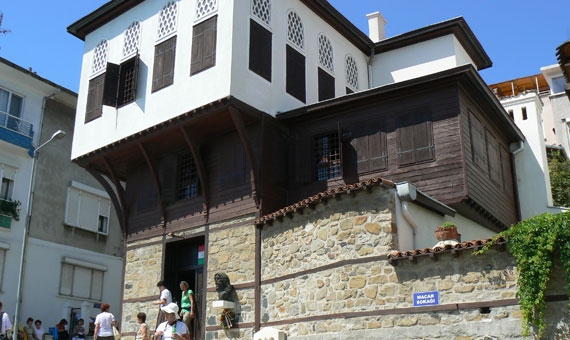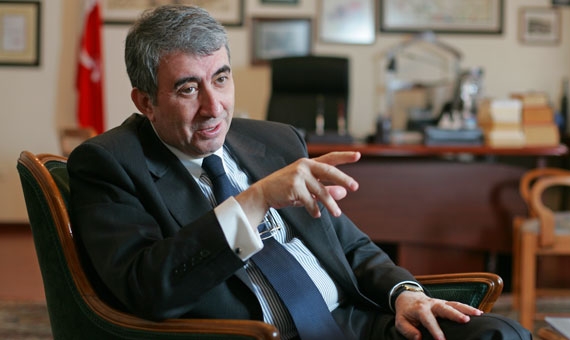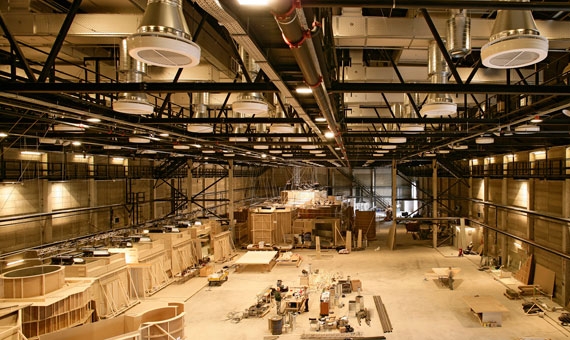Though many Turkish architectural remains were demolished, nevertheless, the cultural heritage is still rich and full of amazing stories. Diplomacy and Trade found an excellent guide in Mihály Ráday to explore this topic.


Though many Turkish architectural remains were demolished, nevertheless, the cultural heritage is still rich and full of amazing stories. Diplomacy and Trade found an excellent guide in Mihály Ráday to explore this topic.

The Turks, who were stationed in Hungary for 150 years, could not have found a better place for developing their sophisticated bathing culture. Hungary had the treasure they needed: thermal water. Not just any water, nor in just any amount.

The decade-old American policy towards the Arab world has been based on classic Realpolitik principles; that is, the support of various autocratic regimes, which were able to deliver in three fields. An expert analysis.

Although, Hungarian remember the Ottoman Turks as savage people who occupied south and central Hungary for some 150 years, historian Tamás Katona's piece for Diplomacy & Trade brings up two positive examples.

“It is very pleasant and comfortable to be the Turkish ambassador in Hungary. When people see the Turkish flag, they wave and say ‘hello’; I salute back.” That is how Turkish Ambassador Kemal Gür began his interview with Diplomacy & Trade.

Hungary continues to thrive as a shooting destination. According to Tamás Csapó, Chief Executive of Korda Studios, this country suits international filmmakers’ purposes for two reasons – one is aesthetic and the other is financial.

This year, we celebrate the 150th anniversary of the birth of József Rippl-Rónai, one of the greatest Hungarian painters. Throughout the year, his works can be seen on drapes, on lamp-standards, on souvenirs and even on chocolate wrapping.

